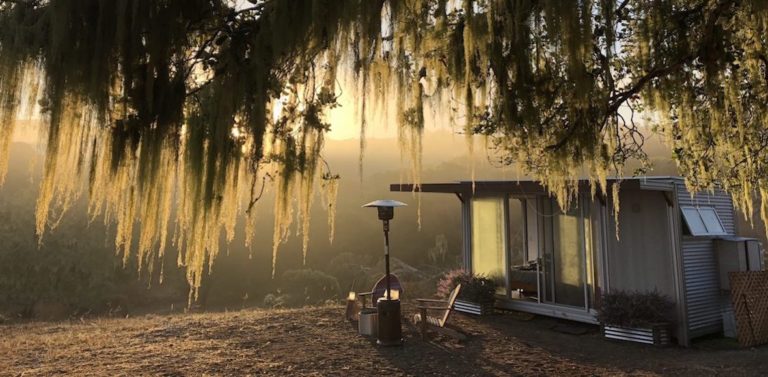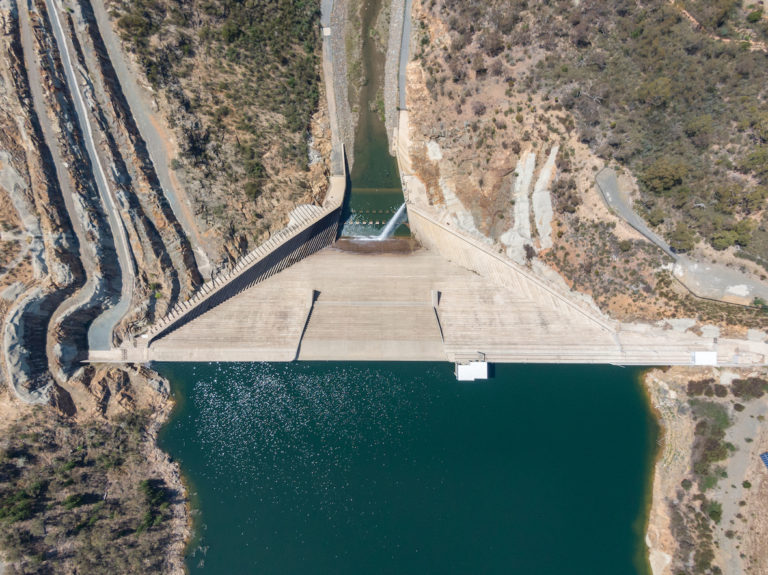
Australia’s big interest in tiny houses
Despite early forecasts of a COVID-19-driven slump, house prices are now surging in many parts of Australia. This is further widening the gap between the housing “haves” and “have-nots”, and we are seeing related rises in housing stress, rental insecurity and homelessness. In Australia and elsewhere a movement has emerged that supports tiny house living as an important response to the housing affordability crisis.




